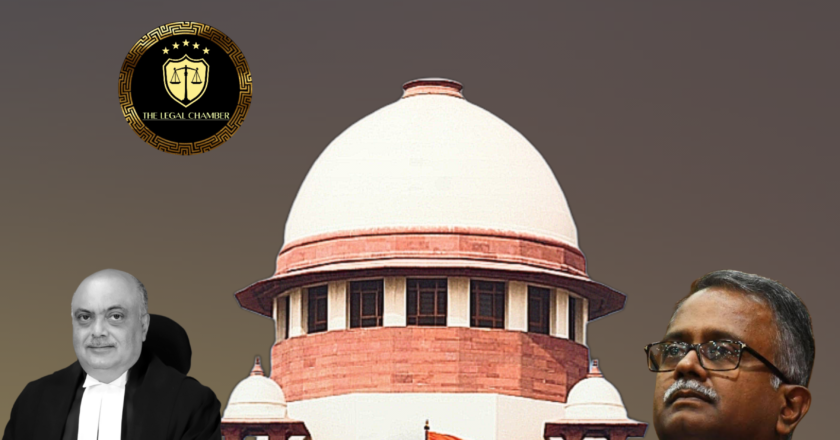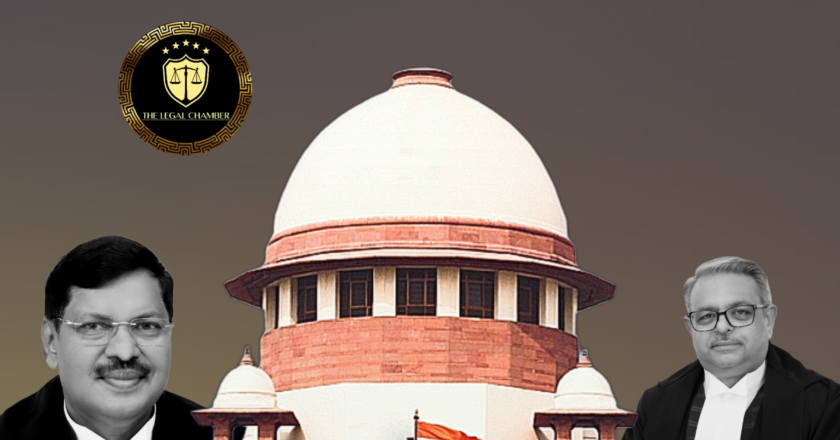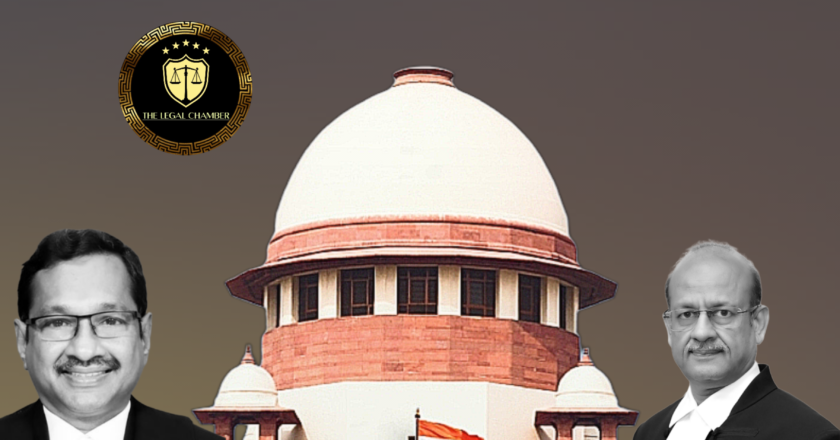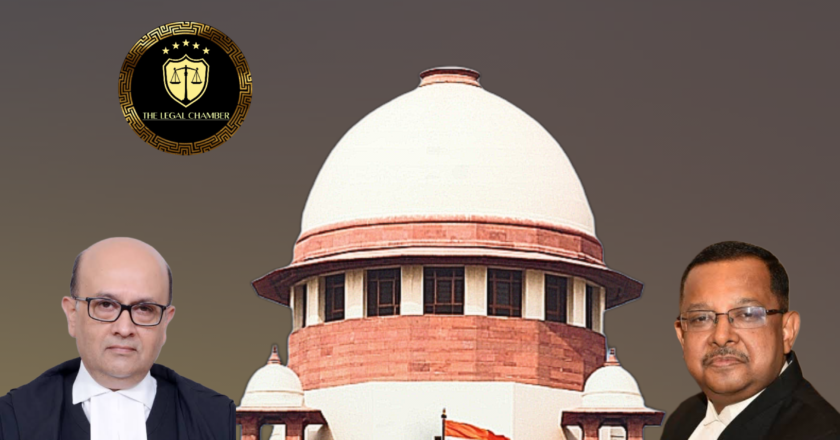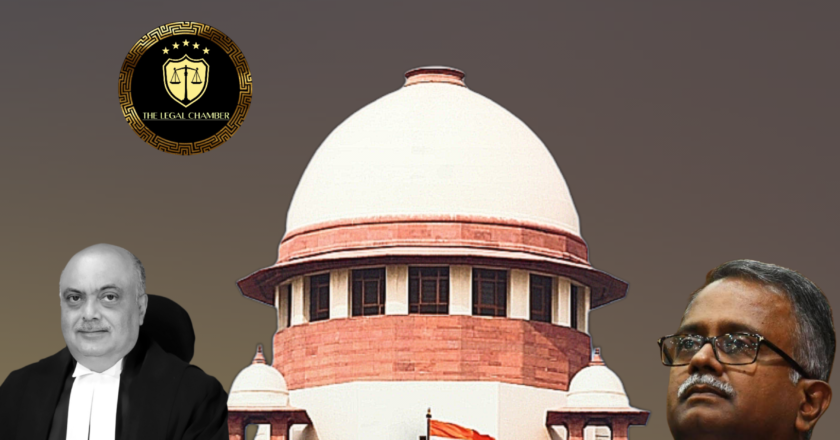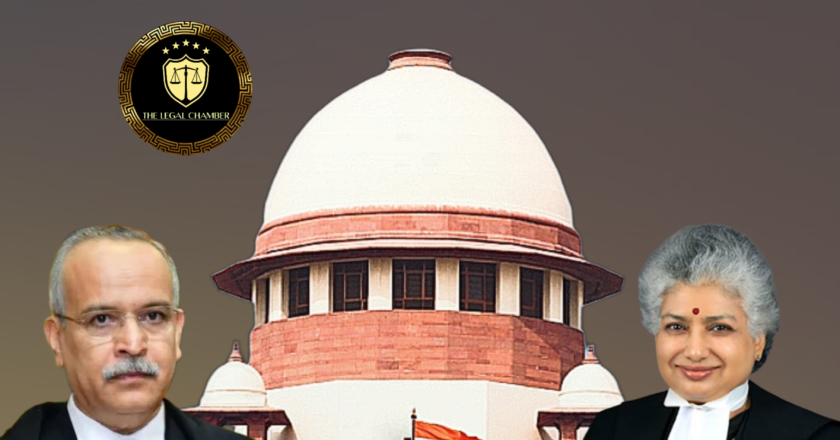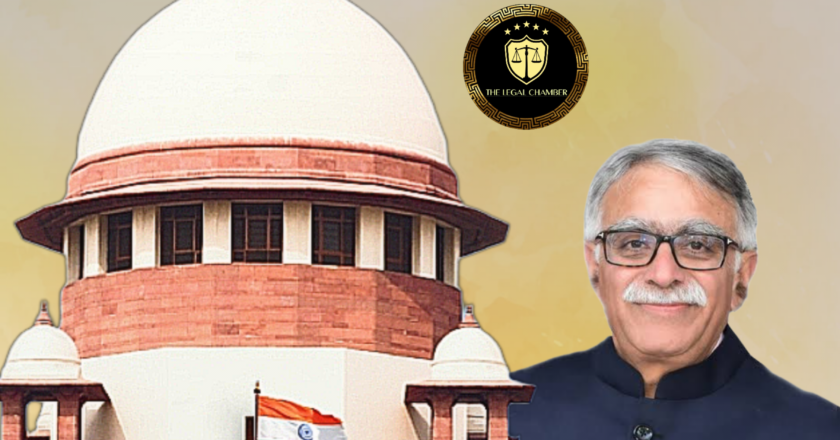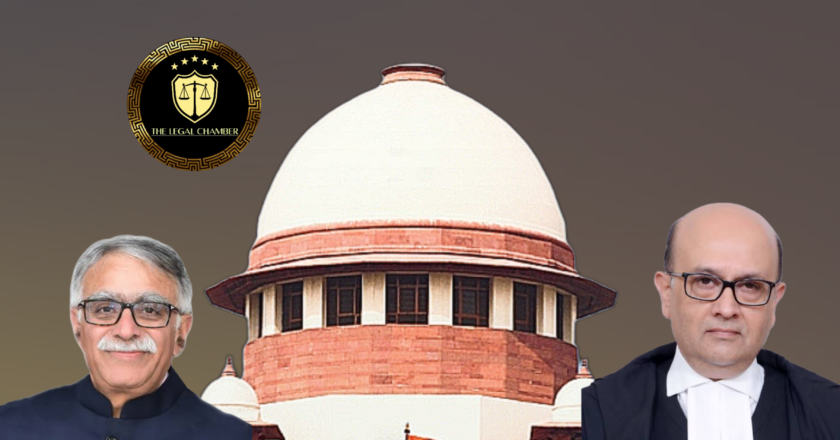Supreme Court Denies Specific Performance for Deal Breaching Construction Laws
The Supreme Court held that an agreement mandating construction violating building laws is void and unenforceable. The illegality rendered specific performance impossible under Section 12 of the Specific Relief Act, as the unlawful object was essential to the contract. The Court affirmed that contracts contravening statutory provisions cannot be severed to remove their core illegal purpose.
Facts Of The Case:
The appellant, Canara Bank, entered into an agreement with the respondent, K.L. Rajgarhia, on 27.12.1984 for the purchase of residential flats to be constructed on a plot in East of Kailash, Delhi. The total consideration was ₹32,07,500, of which approximately 90% (₹28,86,750) was paid upfront. The agreement stipulated the construction and delivery of eight flats and a basement with...

